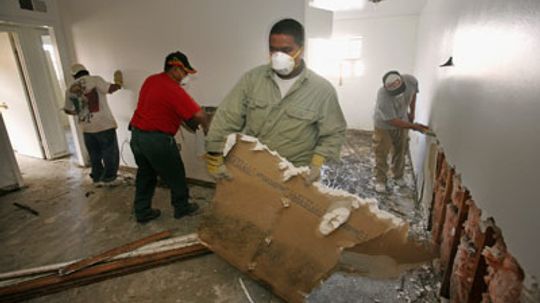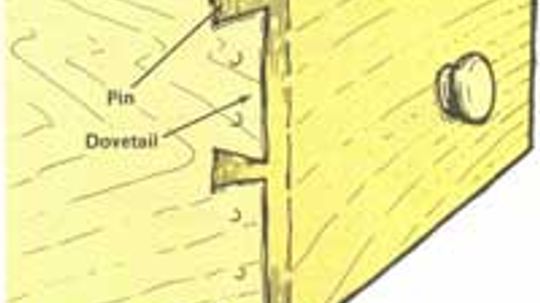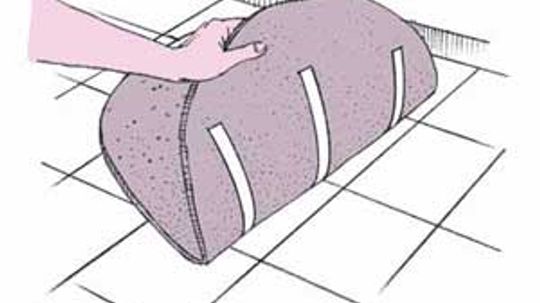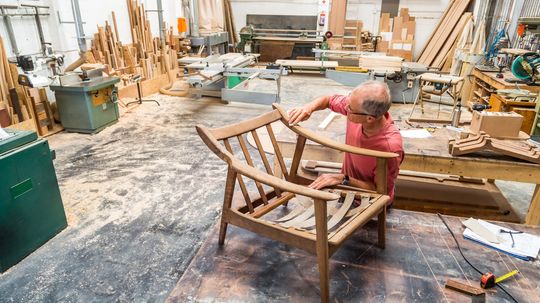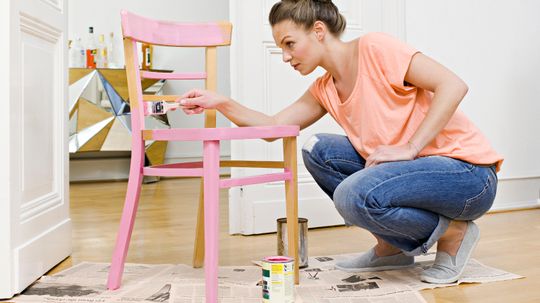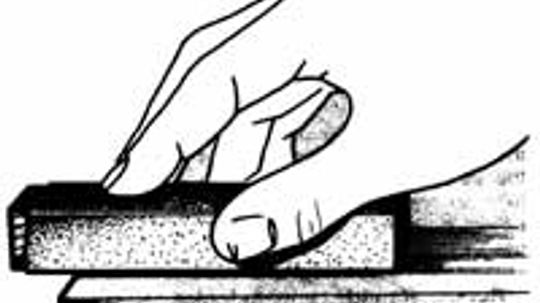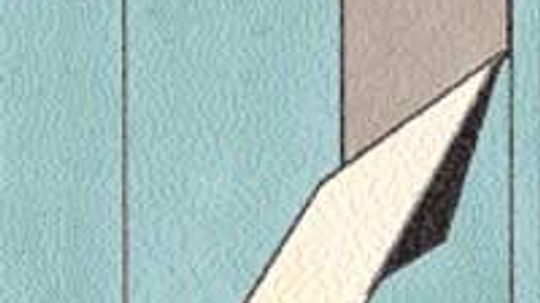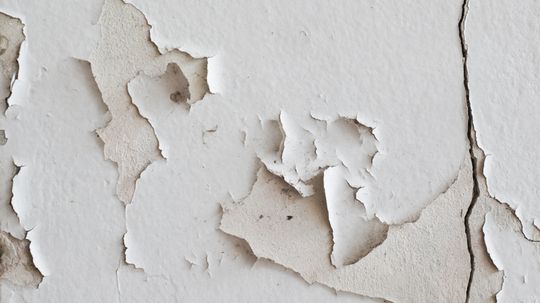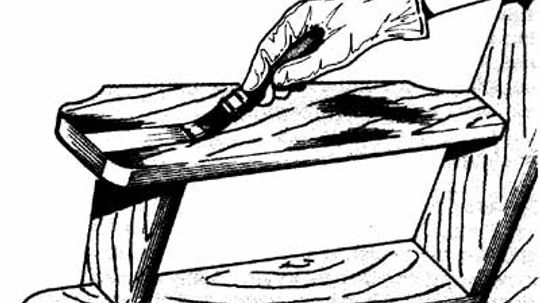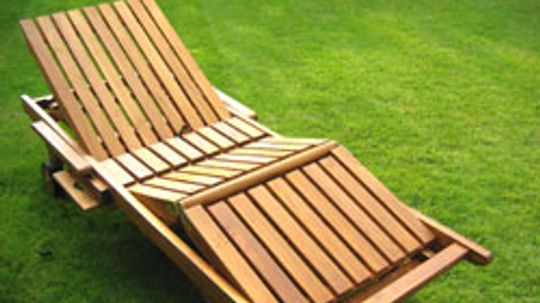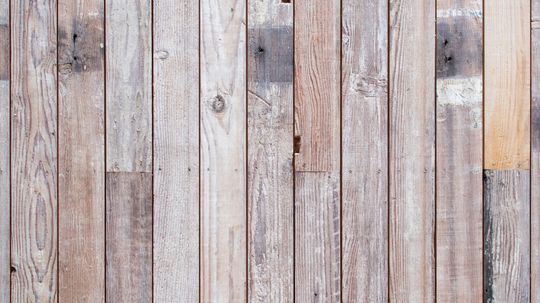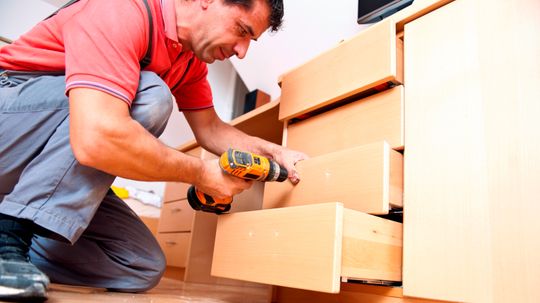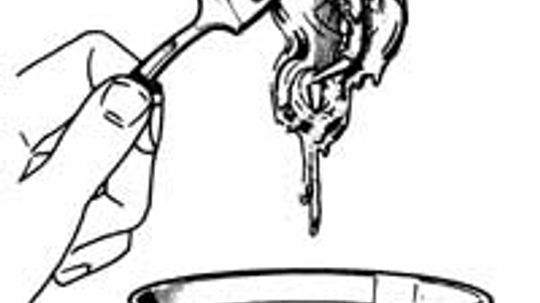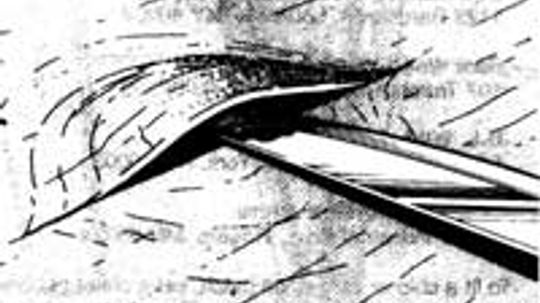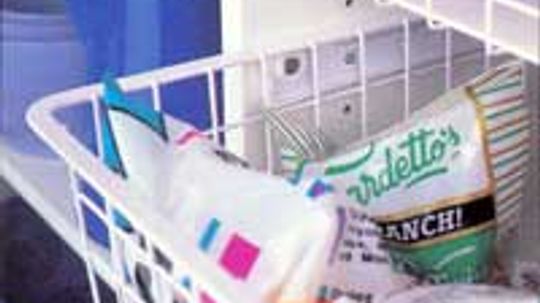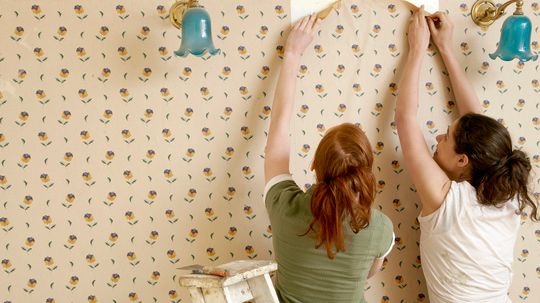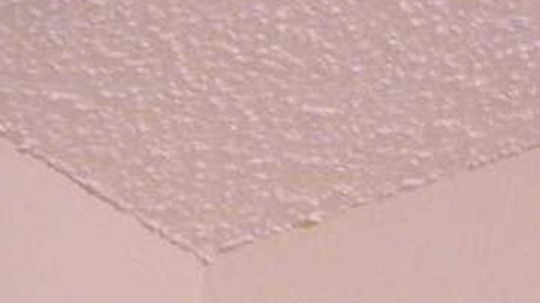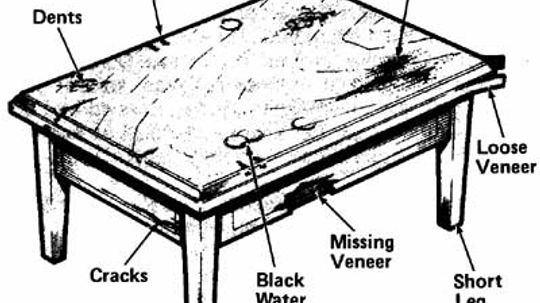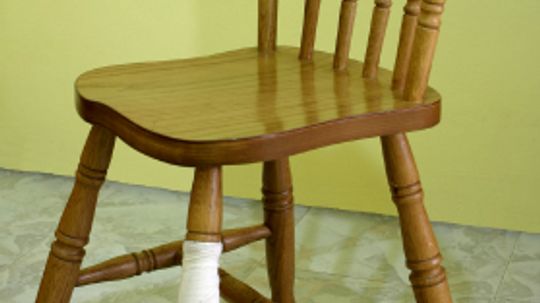DIY Projects
You've got this! Basic DIY takes you step-by-step through projects you can do on your own in almost no time at all. No engineering degree required.

14 Types of Tape for Crafts, Temporary Repairs and More

Owning an Old House: Charming Love Affair or Expensive Money Pit?
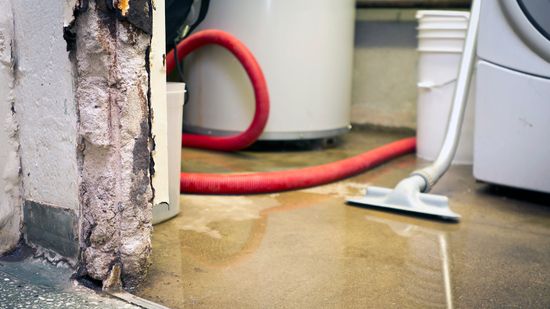
How to Waterproof Your Basement

How soon can you use a floor after putting adhesive on a vinyl tile?
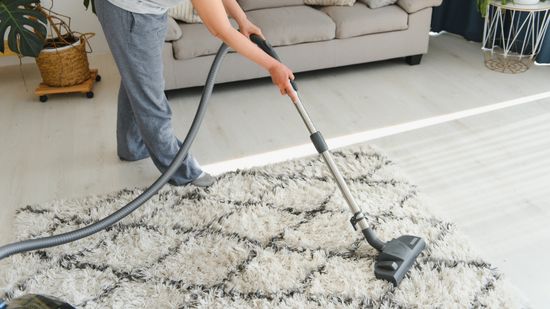
How do you use carpet tacks?

How to Choose a Carpet Color

Does One Dripping Faucet Really Prevent Frozen Pipes?
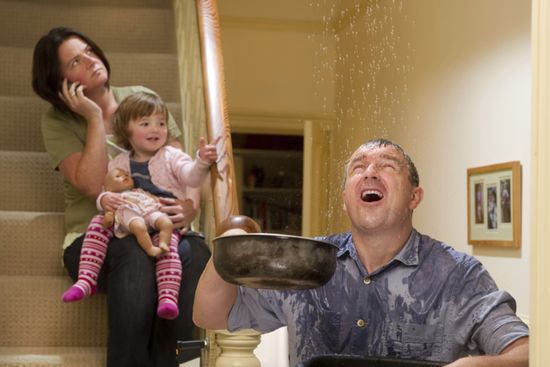
What causes pipes to burst when they freeze?

'Fireproof' House Upgrades for Peace of Mind
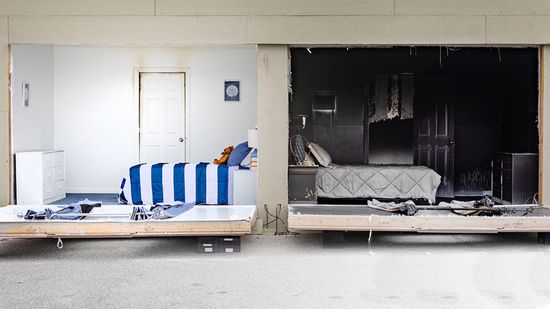
Closing Your Bedroom Door at Night Could Save Your Life

How to Prepare for a Hurricane

Why Electric Fireplaces Are Hot

Should You Turn Your Heat Down When You're Not Home?
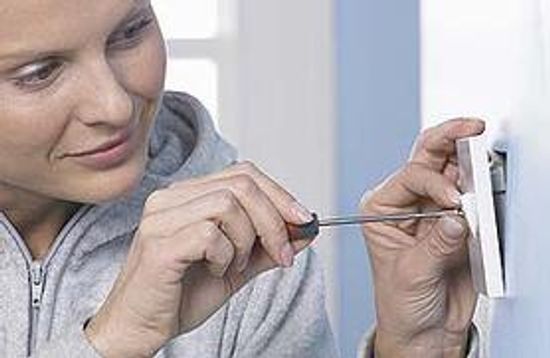
Top 7 Ways to Improve the Energy Efficiency of Your Garage
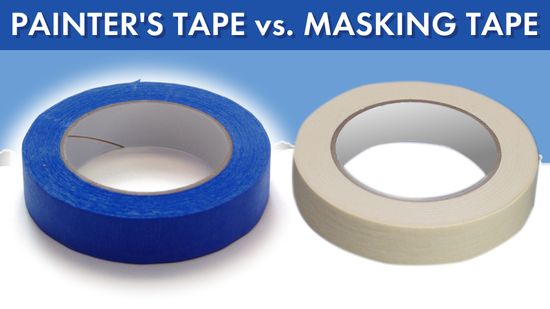
Painter's Tape vs. Masking Tape: What's the Difference?

Can I Use Interior Paint for Exterior Surfaces?
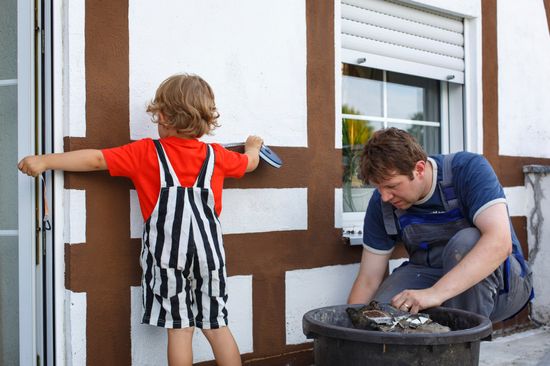
10 Tricks for Painting Your Home's Exterior

Not Your Grandmother's Wallpaper: The Return of Wallpaper
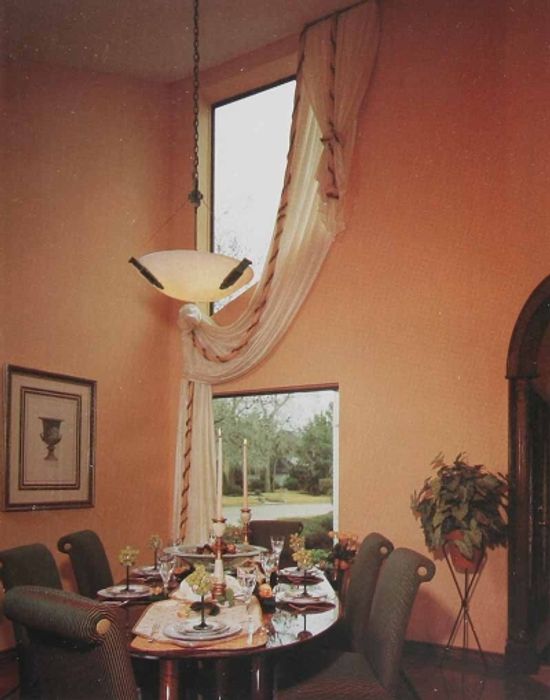
Window Treatment Ideas
Learn More / Page 2
You see it everywhere, but you pay it no attention. Despite its versatility and popularity with builders, few people know where drywall comes from or how it's made.
By Bambi Turner
Plaster is both durable and good-looking, but it inevitably develops cracks. Learn about repairing cracked plaster in this home improvement article.
By Fix-It Club
When you want to refinish old wooden furniture, the best place to look is the family attic, basement, or garage. Whether it's worth saving depends on its style and construction. Learn to identify antique furniture.
Advertisement
Home accidents are one of the leading causes of death among children and injuries among adults. In many cases, these accidents can be avoided by taking simple precautions. Learn how to prevent accidents in your home.
Being able to identify the type of wood used for your furniture can help you determine its real value. Learn to examine furniture and identify the type of wood or woods used to create it.
Refinishing can bring new life to a favorite antique or save you from paying big bucks for a brand new piece of furniture. But you'll want to make sure you get it right the first time, so read on to learn the differences between varnish, resin, lacquer and wax and how to select the right finish for your project.
From scratches to discoloration, the surfaces of your wooden furniture are vulnerable to all kinds of damage. Luckily, many of the problems can be fixed. Read this article to learn how.
Advertisement
You have many options to consider when decorating furniture. Whether you want a worn-out look, gold tint, stencils, or painted stripes, make sure your materials are compatible. Learn how to decorate wooden furniture.
Refinishing furniture isn't just a matter of removing one finish and slapping on another; it also involves preparation of the stripped wood. Preparing the wood takes both time and elbow grease, but it's vital to the success of your refinishing job; the finish is only as good as the preparation for it.
With the wide assortment of wallpapers available today, choosing among them can be as hard as putting them up. Today's wallpapers are easier to handle and more rip-resistant. Learn how to hang wallpaper.
By Fix-It Club
Older homes often have lath-and-plaster walls. Latex paint will hide hairline cracks in plaster, but only temporarily. Larger cracks actually are easier to fix. Learn how to repair cracked plaster.
Advertisement
A few simple restoration techniques can revive an old finish on wooden furniture. This can save you time and money, and help you hold onto a good piece of furniture. Learn to restore furniture finish.
For refinishing or repairing furniture, it's important to have basic materials like abrasive powders, adhesives, and sandpaper. Other materials like painter's tape aren't used frequently, but they are also important to have ready. Learn more.
Furniture should be bleached if the surface is marked by stains, black rings, or water spots; if the wood is discolored or blotchy; and if the color is uneven. Learn how to bleach furniture.
Sealer coats are used between finishing steps to ensure even penetration of stains and finishes, to prevent bleeding of stains and fillers, and to make the finished surface smoother. Learn how to seal wooden furniture.
Advertisement
Wooden furniture can be spoiled by small damage to the surface. Some stains are easily removed, while more damaging spots may require refinishing. Learn simple methods to repair small stains quickly and effectively.
Loose joints on wooden furniture can cause long-term damage to the rest of the frame by increasing stress on other joints. Learn how to repair joints and stop small structural problems from becoming big ones.
Removing old finish from wooden furniture is a lengthy process, but knowing the proper techniques and professional shortcuts can save you time and money. Learn how to strip wooden furniture.
Veneer is a thin layer of wood glued to wooden furniture. Veneer is very prone to blistering, cracking, or falling off. Learn how to fix damaged veneer and replace broken or missing sections of veneer.
Advertisement
A well-designed pantry can hold much more than food, including dishes and cookware. But designing an efficient kitchen pantry space can be a challenge. Corner shelves and rolling baskets are a start, but learn what else to use.
Stripping off the old wall covering is usually wiser than leaving it on. New coverings adhere better to stripped-down surfaces. There are several ways to approach the job. Learn how to remove wallpaper.
What is this bumpy stuff on my ceiling that looks like popcorn or cottage cheese?
Staining wooden furniture isn't just a matter of stripping off one finish and applying another. The finish is only as good as the preparation for it. Learn how to stain wooden furniture.
Advertisement
Repairing wooden furniture is a process that can take many forms. There are numerous types of wooden furniture, so the types of repairs are similarly varied. Learn how to repair wooden furniture.
Is Grandma's hand-me-down hutch looking a little worse for wear? Instead of tossing out those favorite furniture pieces, why not take on a refinishing project? Find dozens of tips in this article.
